The moments that changed the way we teach
Six TU professors share the moment that profoundly affected their interactions with students
By Megan Bradshaw on March 31, 2019
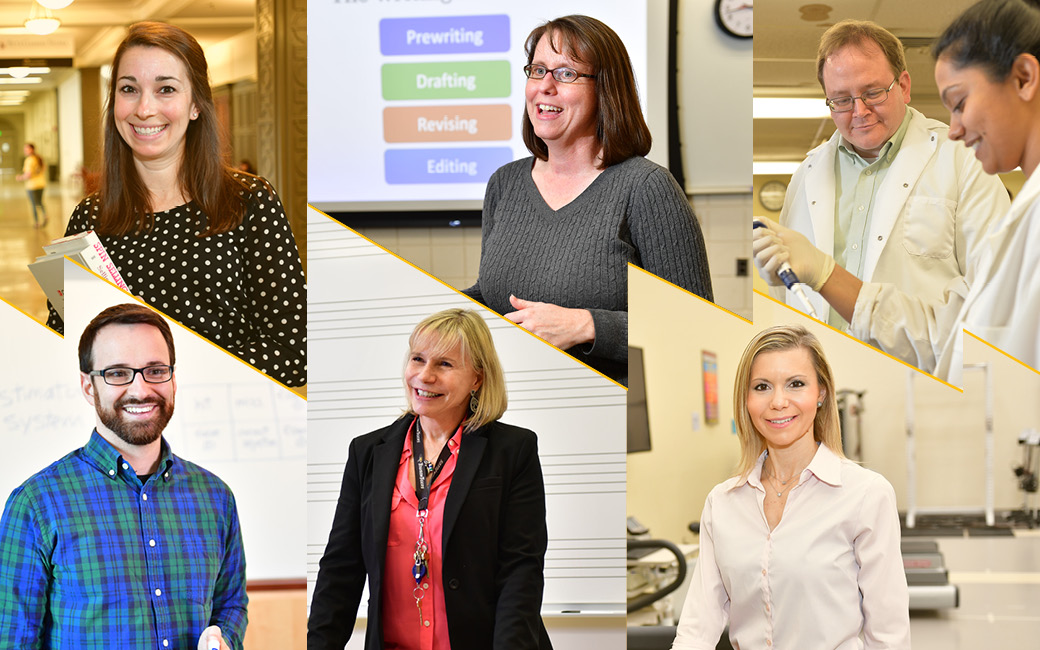
Towson University professors do it all: research, publish and mentor. But they never forget that at the center is teaching. The faculty works hard to provide opportunities for students to grow by putting their knowledge to work.
Meet six professors TU students have identified as having an impact on their lives and careers and learn about the moments that have turned them into the teachers they are today.
Matt Hemm, associate professor, biology
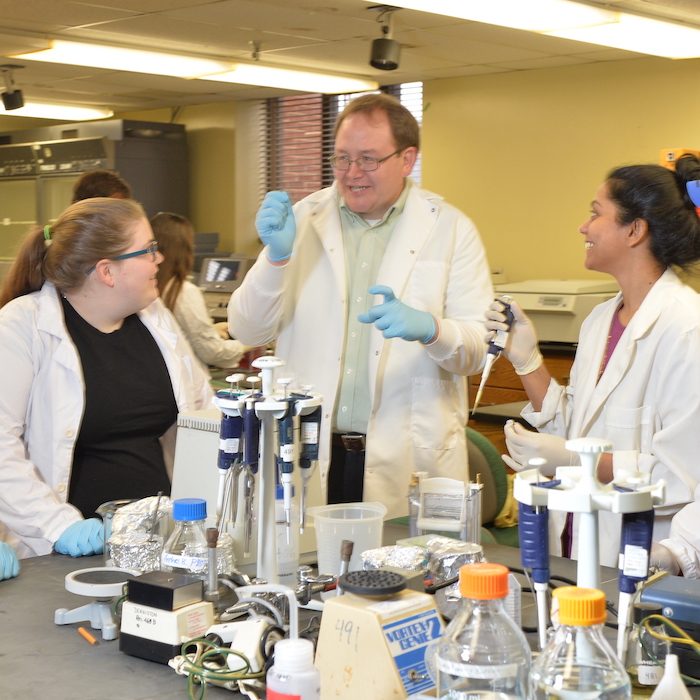
I took inorganic chemistry as a junior. I was a biology major but was trying to get the new biochemistry minor at my school. I wasn't interested in inorganic chemistry at the time, and I started the class with apprehension. In our first lecture, the professor became so excited about the material that he started sucking air inward through his lips, sort of like a reverse “fft, fft, fft…”
I’ll always remember that. I have to admit that at the time I thought it was a little odd.
This behavior continued all semester. Each class he gesticulated wildly, sucked in air when he described crystal symmetries and was much more excited about inorganic chemistry than I thought anyone in their right mind could be. But after a week or two, I noticed I wasn’t focusing on his behavior anymore, just his enthusiasm. When I finished the class, I realized I had truly enjoyed it. He had made a class that could have been tough and unexciting into something interesting. I remember thinking as I walked out of the last class, “Wow…that really wasn’t all that bad.”
To this day, I have never been as grateful to an instructor as much as I was to that professor.
I have tried to emulate this experience in my class. I teach molecular biology and readily admit it is not everyone’s favorite subject. So I focus, with as much enthusiasm as I can, on the awesome, fascinating aspects of the discipline. My students learn that my favorite protein in the whole world is Topoisomerase (for very good reasons), that DNA polymerase looks exactly like an oven mitt (I am not lying) and that every one of us can figure out when people have published poor data in scientific papers (not that the authors are lying…necessarily).
In the end, though all of my class evaluations are helpful, and all positive comments are very nice to hear, the ones that mean the most to me say something like, “I thought molecular biology was going to be an awful class, and you made it not that bad.” I realize that not every one of my students is going to be inspired to become a molecular biologist, but, hopefully, all of my students will remember that DNA polymerase is totally tubular and looks like an oven mitt.
Jeff Kukucka, assistant professor, psychology
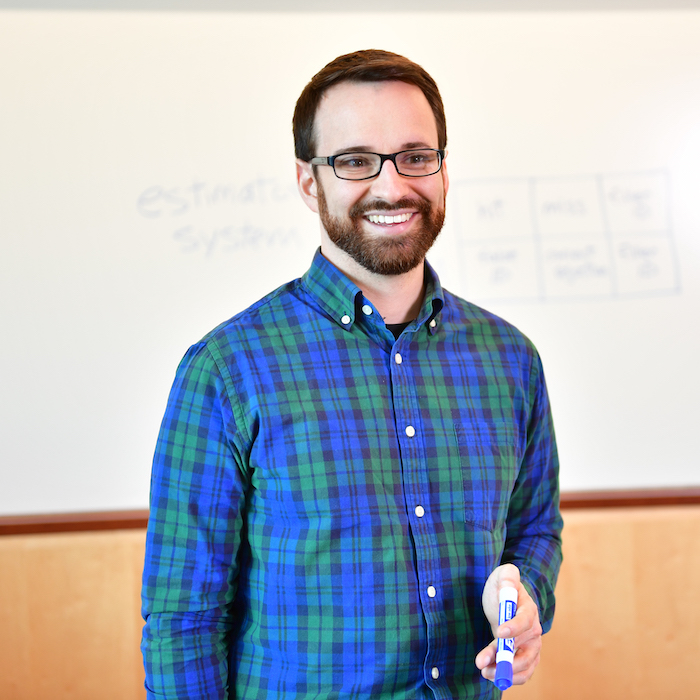
My first semester of college was rough. After a few months of a heavy workload and a desolate social life, I was burned out, unhappy and ready to give up. I sought the advice of my psychology professor. I told him that I felt overwhelmed and lonely, and I questioned whether college was the right place for me. We talked about the importance of knowing your goals and pursuing them while also keeping a healthy work–life balance. He quoted a Billy Joel lyric that has stuck with me to this day: “Do what’s good for you, or you’re not good for anybody.”
Now that I’m in his shoes, I try to integrate that philosophy into my teaching by empowering students to take control of their own college experience. On the one hand, it means encouraging students to self-reflect on their goals and effort. I structure my classes in a way that fosters autonomy and rewards effort; I often tell students that no one who tries their best ever fails my class—and I truly believe that. On the other hand, it means reminding students that learning happens outside of class too. Now is the time to try new things, step outside of your comfort zone, make mistakes—and learn from them. My hope is that students will develop habits that help them to flourish both professionally and personally.
Cristina Magaldi, professor, music
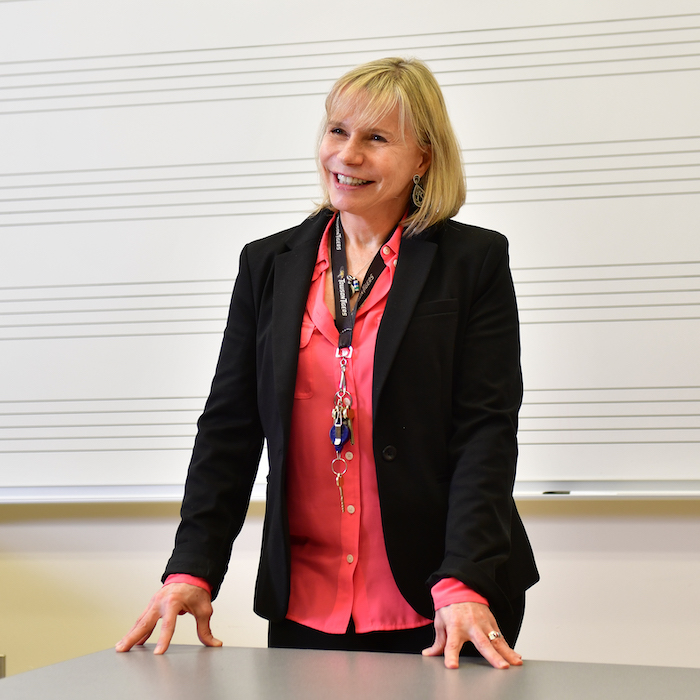
Students have many ways to describe a “good class”—fun, instructive, organized—but they rarely know what a professor considers a “good class.” I always tell my students that for me a good class is when I end the semester knowing more than when I started. In that regard, some classes are better than others.
But I can also say that a great part of what I know about music and culture, their many complexities and implications to our society, I learned from students. The professor has a privileged position of being able to gather his/her students’ collective reflections and elaborate on them to formulate specific contributions to their fields. Thus, I can say with confidence that I could never have been a scholar without being a teacher. And I should also confess that many of my ideas about music, globalization, and the complexities of cultural belonging were first brought to my classroom and tested in discussions with my students before they reached the pages of scholarly journals.
Sarah Magnotta, assistant professor, marketing
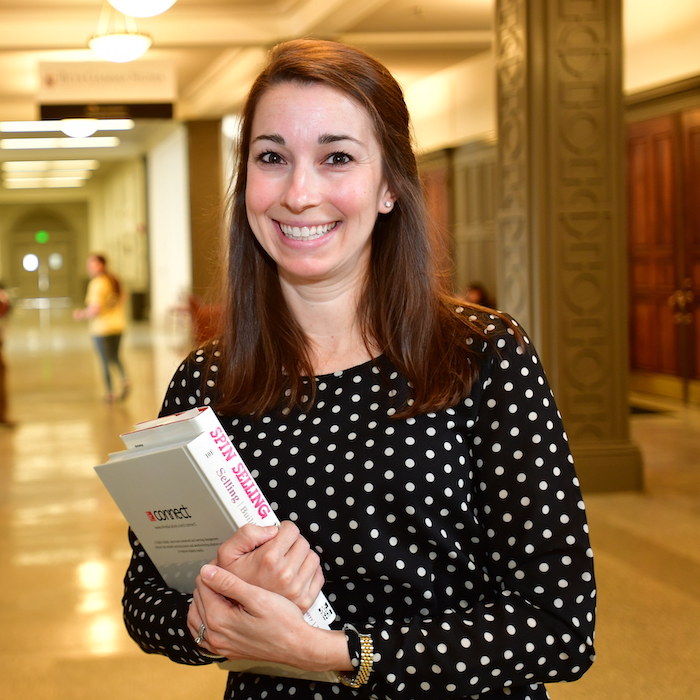
There wasn't a particular 'lightning strike' moment that shaped the way that I teach, but I do think there were a couple of factors that shaped it over time. I started working in sales the Monday after graduation and felt very confident with my fresh college education. I quickly realized that most of what I had learned wasn't particularly relevant to my daily tasks, and while my business education gave me a broad perspective of businesses in general, I didn't have a good understanding of how to function within an office.
When I started teaching, I felt very strongly that my students should have the knowledge and confidence to apply their newly acquired sales education immediately, by going beyond theory to teach them practical selling skills as well. We spend a large amount of the semester doing role plays in class, which allows students to play around with different sales techniques in a safe setting but also helps to build soft skills like relationship-building and communication (including how to shake hands professionally!). I often think back to my first week or so in sales and try to ensure that my students are equipped to handle the segue from Towson University to a professional working environment and avoid that false confidence I experienced.
After my first semester of teaching sales, my student evaluations overwhelming indicated that the most useful part of the course were the real-life stories. As I considered their feedback, I realized that I couldn't recall any of my college professors speaking candidly about how things work in the “real world.” I don't think my professors shorted me in any way, but I think it would've helped a lot to solidify what I was learning if I knew specifically how and when different concepts could be used throughout my career by hearing their stories. I now make a concerted effort to incorporate real-world experiences into my classes as often as possible by explaining how theories and techniques from class play out in the real world or by bringing in guest speakers that have the most current practical knowledge of the topics we're discussing.
Jennifer Moxley, clinical associate professor, kinesiology
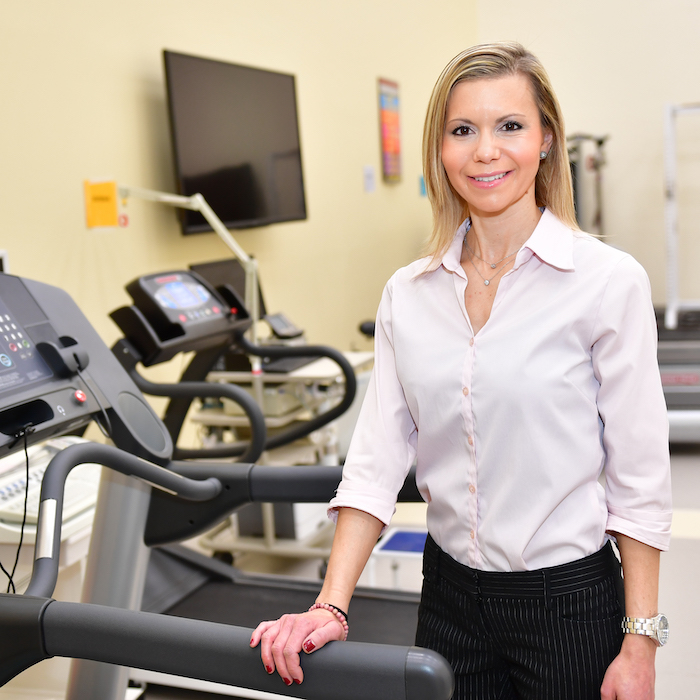
Teaching is one of the most rewarding experiences, and I have the honor of doing it every day. Over the past 12 years, I have had the pleasure of getting to know many students. I always enjoy getting to know their “stories” and what they are passionate about both in and out of the classroom. There are so many moments and interactions with students every semester that impact the way I teach that it's difficult to name just one. At the end of every semester, I always self-reflect and think about how I learned from them just as much as they learned from me. I read the kind and thoughtful thank-you letters and feel so grateful to have had such an impact. Throughout my teaching experience, I've learned that students take to heart what we say and how we make them feel. One conversation can change everything for them. So for me, everyday moments shape the way I teach because in every moment there is an opportunity to inspire students.
Vicki Mcquitty, ASSOCIATE PROFESSOR, elementary education
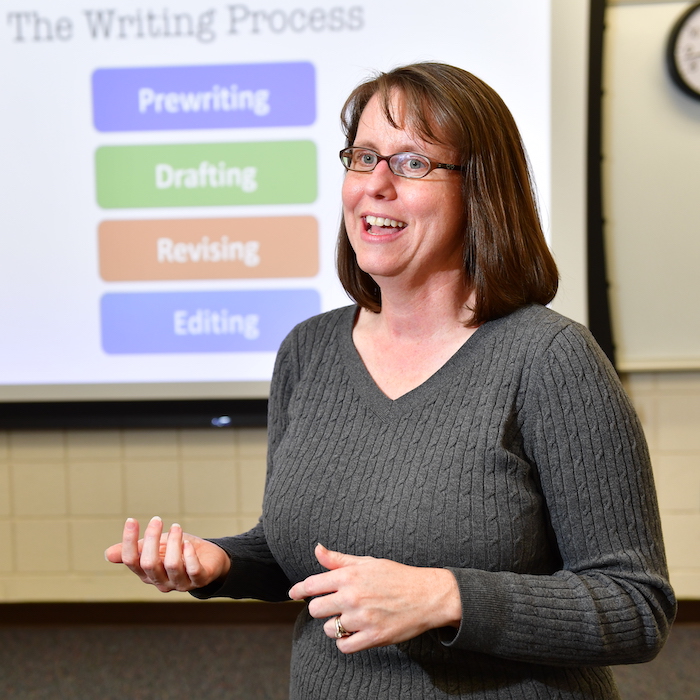
During my first years at TU, I taught a writing course and routinely met with students to discuss their drafts and give them feedback. One semester, a student wrote a deeply moving narrative about love, forgiveness and family. Her words were powerful and honest, and I told her how much her story had touched me. She went on to do well in the class, graduate, and begin her teaching career.
Several years later, I ran into this former student, and she said that writing conference changed her life. I was stunned because, to me, that interaction had simply been a routine part of my teaching, one of dozens of writing conferences with students every semester. But to her, it had been a moment when a professor believed in her and told her she had something important to say. It boosted her confidence, she said, at a time when she felt discouraged and uncertain she could even complete her degree.
As a writing teacher, I admonish my students about the power of their words. Yet, I hadn’t considered the power of my own words as they occur in the daily, routine moments of teaching. This student opened my eyes to how seemingly “regular” teaching moments are much more than opportunities for students to learn something. They are opportunities to empower and encourage and, possibly, even change someone’s life.
This story is one of several related to President Kim Schatzel’s priorities for Towson University: TU Matters to Maryland.